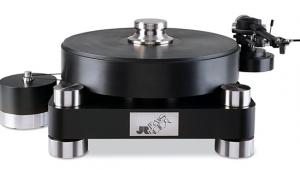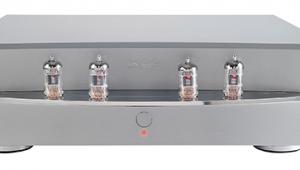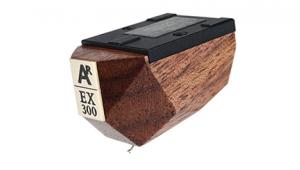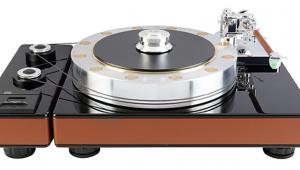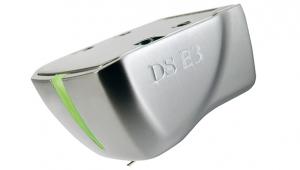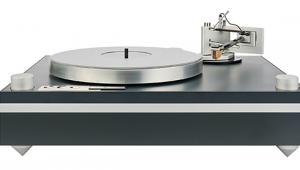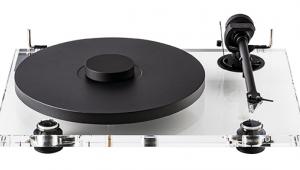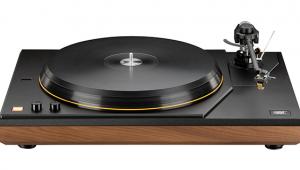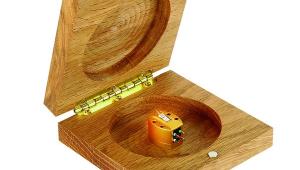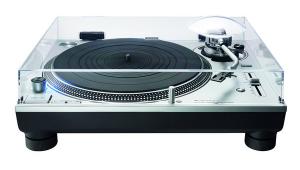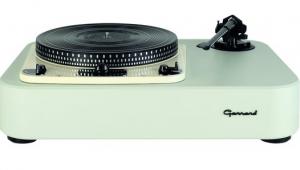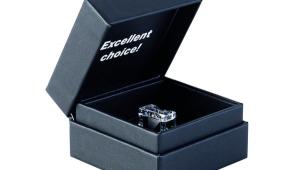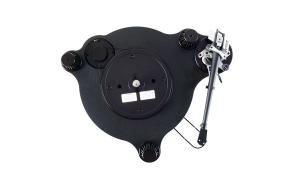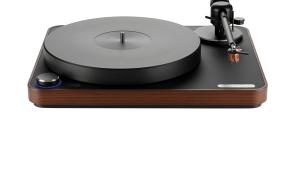SME Model 12A Turntable
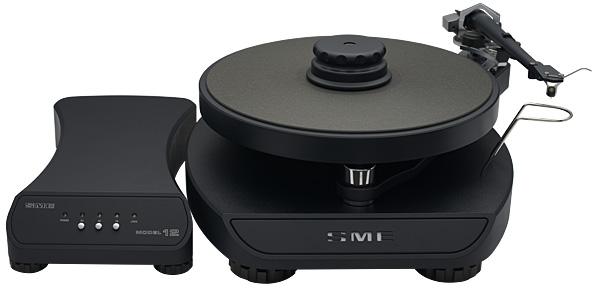
 The company has introduced a second turntable package, priced to appeal to a new generation of customers and upgraders alike. Could it be the answer to all your needs?
The company has introduced a second turntable package, priced to appeal to a new generation of customers and upgraders alike. Could it be the answer to all your needs?
It was the Synergy [HFN Mar '19] that saw SME strike out in a new direction, following its aquisition in late 2016 by the Cadence group. The company's first ever turntable package, the Synergy came with an arm derived from the SME IV, Ortofon Windfeld Ti cartridge and boasted an integrated phono stage made by Nagra. It also came with a £14,950 price tag. Now SME has reinvigorated its turntable portfolio still further with the introduction of a far more affordable package.
Costing £7949, the Model 12A comes equipped with a 309 tonearm, though no cartridge or phono stage. But if you're thinking the deck's other component pieces look a little familiar, that's because they're shared with their costlier brother.
SME's Chief Executive Officer Stuart McNeilis says the main reason the company decided to introduce the Model 12A was to fill the gap created by the exit of the Model 10, previously SME's entry level deck. 'The Model 12A provides a much higher specification and performance than the outgoing Model 10,' he says, 'with the modern look and style of the Synergy.'
The result is a package that's as likely to appeal to the well-heeled music lover who isn't necessarily into the rarified world of hi-fi as it is to a generation of audiophiles now looking to upgrade older high-end turntables from other brands.
Heavy Metal
Weighing 25.9kg in total, the Model 12A is extremely heavy compared to your average British audiophile deck. Finish is immaculate while the deck exudes the same quality feel one has come to expect from a company whose products have been at the forefront of precision audio engineering for decades. As with the Synergy, it's a multi-storey 'trilateral' design, as SME describes it, having a sturdy cast aluminium base. The upper part of the chassis hosts the tonearm, the bearing assembly and inner platter along with a belt-drive motor that's isolated by rubber bands. The main bearing is 19mm in diameter and machined from high-chrome tool steel while the 4.6kg main platter is machined from aluminium and shared with both the company's Synergy and Model 15 [HFN Oct '15].
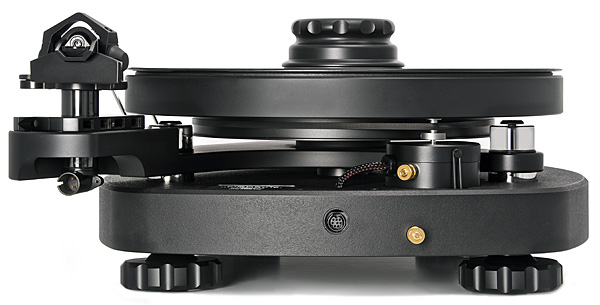
The platter starts up swiftly when you select the desired speed by pressing the button on the electronic control unit. This PSU/speed controller has a case made from high-quality aluminium and uses a closed-loop servo system run by a microprocessor. Three speeds are offered – 33.3, 45 and 78rpm – with ±0.01% fine pitch speed adjustment, plus a 'lock' LED to confirm when the deck is running at exactly the desired speed.
As for the supplied 309 tonearm, this uses mono-crystal silver internal wiring sourced from co-brand Crystal Cable, as opposed to the 'off-the-shelf' 309 which has vdH cable. The 309 has been on sale now for some 30 years, and is essentially a 'cost cut' V with detachable headshell.
Upgrade Options
Some purists may still throw their arms up in despair at this headshell arrangement, but the coupling system that SME employs for the 309 is extremely solid and has proven not to compromise sound quality. The armtube itself is a one-piece design made from magnesium and employs constrained layer damping. Its bearing housing is a beautifully made affair with top quality bearings that give the arm a silky feel when hand-cueing. Should you wish, there's also the option to specify a Series IV or V tonearm when ordering the deck, though at extra cost. For my listening, the 309 arm was fitted with a £2699 EMT JSD 6 MC cartridge [HFN Jun '19] and the deck's heavy, threaded record clamp was used throughout the session.
Perhaps the most intriguing aspect of the Model 12A is the range of finishes offered – and from a company that until now has adopted the Henry Ford 'any colour you like as long as it's black' approach. Alongside the regular SME finish you can now specify your new deck in either Dark Grey or, as pictured here, Dark Blue.
![]() House Music
House Music
The Model 12A will be familiar to those who have previously heard – or owned – an SME turntable in that it retains the Steyning company's 'house sound'. This can perhaps best be described as being 'clean', neutral and even-handed. It's a presentation that's extremely difficult to dislike.
The way the deck can take you to the heart of the music is invigorating. Play The Cocteau Twins' 'Lazy Calm' [Victorialand; 4AD CAD 602] and suddenly you find yourself re-evaluating your thoughts on this serene '80s mix as the Model 12A scythes through the haze of the dreamy, reverb-drenched production. Now you begin to appreciate the way in which the vocals and heavily-processed electronic keyboards are layered in a fashion that dissolves the barriers between you, the listener, and the recording studio. As everything snaps into focus, you become aware of the accuracy of the stereo imaging and the manner in which the tape effects are locked to a particular part of the soundstage, rather than floating around nebulously.

